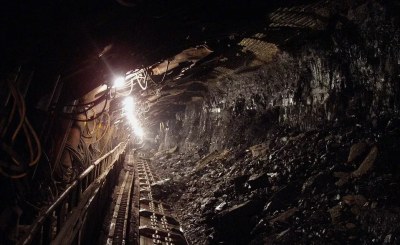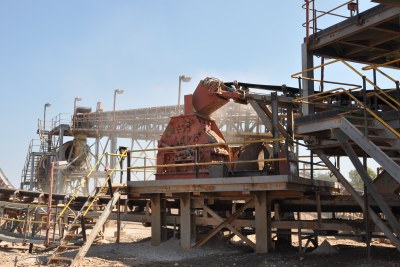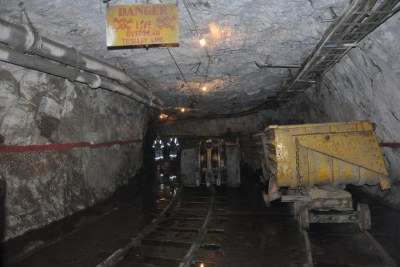-
Zambia: Copper Transformed Way the World Works Before - It's About to Do So Again
The Conversation Africa, 23 January 2023
Copper is all around us. The metal is both ever-present and invisible in our world. Copper makes reading the words on this screen possible. And the global spread of artificial… Read more »
-
Zambia: Climate Change Action Could Set Off a Copper Mining Boom - How Zambia Can Make the Most of It
The Conversation Africa, 8 January 2023
At last year's US Africa leaders summit in Washington the US signed an historic memorandum of understanding with Zambia and the Democratic Republic of Congo to develop an electric… Read more »
-
Zambia: Copper Demand to Soar - Experts
Times of Zambia, 23 March 2021
The world will need 10 million tonnes more of copper to meet demand and more than US$100 billion should be committed to close what could be an annual supply deficit of 4.7 million… Read more »
Is Copper About to Redefine the Way the World Works?
Copper is all around us. The metal is both ever-present and invisible in our world. Copper makes reading the words on this screen possible. And the global spread of artificial light, electric power and telecommunications all required ever-increasing quantities of copper. Where does all of this copper come from? How was it produced, distributed, controlled, and sold on an ever-increasing scale? These are some of the questions addressed in the book, Born with a Copper Spoon: A Global History of Copper, writes Duncan Money and Robrecht Declercq for The Conversation.
They are also important questions because countries that have an abundance of copper have failed to benefit from it. Zambia is a case in point. It produces 6% of the world's copper but is still one of the poorest countries in the world. Zambia is particularly well-positioned to supply what the world needs. It has substantial reserves of copper and cobalt, critical metals for the transition from fossil fuels to renewable energy. Due to their broad uses in wind and solar powered technology and electric vehicle production, these metals will play a crucial role in a low-carbon future, reports Twivwe Siwale and Eric Werker for The Conversation.
The coming copper boom presents Zambia with an extraordinary opportunity - to enable mining profits as well as to power inclusive growth. But, as Zambia's history shows, this is easier said than done. Successive rises in copper prices have not translated into reducing poverty or inequality. Zambia is still the fourth most unequal country in the world.
Copper's status as a global industry has waxed and waned. The history of the metal is not a story of steadily increasing and depending global connections as we move towards the present. It is also a history of disconnections and efforts to de-couple regions from the global economy.
InFocus
-
At last year's U.S. Africa Leaders Summit in Washington, the U.S. signed an historic memorandum of understanding with Zambia and the Democratic Republic of Congo to develop an ... Read more »
-
Six years ago, Zambian villagers brought a legal claim against UK mining firms, Vendanta Resources Limited and Kokola Copper Mines. The claim focused on the toxic discharge from ... Read more »






